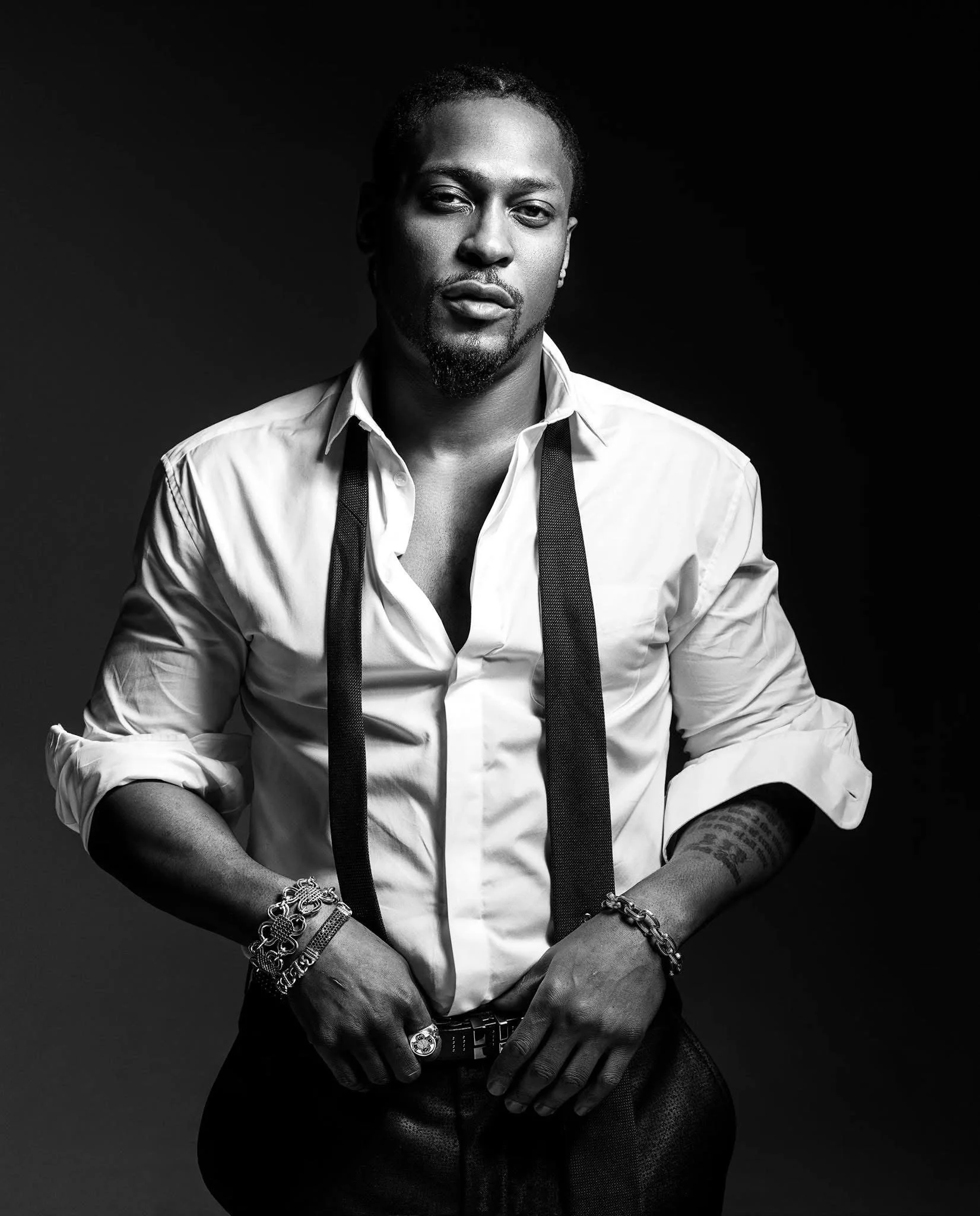Lady: A Love Letter to the Worthy Woman
How D’Angelo Reminded Us Who We’ve Always Been
I remember the first time I heard D’Angelo’s “Lady.”
It wasn’t just a song; it was an experience. The bass line was smooth, his voice warm and honey-rich, and the way he delivered every word felt intentional. You could feel the respect in his tone, the reverence in his phrasing, and the quiet confidence in his delivery. He wasn’t rushing to impress; he was resting in truth. And that truth was simple yet powerful: you are worthy.
For those of us who grew up rarely hearing words that affirmed our softness, beauty, and brilliance, this song became a balm. It reminded us that being cherished doesn’t make us weak; it makes us whole. D’Angelo’s “Lady” wasn’t just about romance; it was about recognition. It was a sonic mirror, reflecting back to women the very divinity that the world often tries to make us forget.
“My lady, my lady, my lady…”
When D’Angelo repeated these words, it wasn’t a filler, it was a frequency. In NLP, repetition isn’t redundancy; it’s reinforcement. It trains the mind to believe, to feel, to internalize. Each “my lady” echoed like a reminder that you are not an afterthought; you are the thought.
He didn’t say “a lady.” He said, “my lady.”
And while it may sound romantic on the surface, there was something deeper at play. He was modeling what it sounds like when someone speaks to you with reverence. When a man, or anyone, acknowledges your worth without conditions or competition.
His words became an affirmation: You belong to a love that sees you. You belong to a God who never forgets your name. You belong to yourself, fully and freely.
When you are with me, I’m free.”
That line carries the weight of revelation.
Freedom and worth are intertwined, and when a woman stands in her authentic power, she liberates more than just herself—she liberates everyone connected to her.
In a world that profits off women’s self-doubt, this lyric stands as a counter-cultural declaration. It says, “Your peace is powerful. Your presence is enough.” When a woman is unshaken in her sense of identity, she gives those around her permission to do the same.
He wasn’t saying she was responsible for his freedom. He was acknowledging that her wholeness created harmony. And that’s what happens when we stop performing for love and start being love. We move differently. We breathe differently. We become safe spaces for ourselves and others.
“I’m so glad you’re my lady.”
There’s a sweetness in that line that doesn’t fade, even decades later. Gratitude is one of the highest expressions of love, and D’Angelo laced it through every syllable.
He wasn’t glorifying possession; he was celebrating presence. This was the sound of the divine masculine honoring the divine feminine. A moment where admiration replaced entitlement, and appreciation outweighed ego.
We all deserve that kind of recognition. But more importantly, we must learn to give it to ourselves. When was the last time you looked in the mirror and said, “I’m so glad I’m me”? When was the last time you honored the woman who kept showing up, even when no one clapped for her?
Sis, this is your reminder: you are that lady. You always have been. And it’s time you treated yourself like the masterpiece you are.
You are my lady.
Read it again. Slowly.
You are my lady, not in a possessive sense, but in a purposeful one. You are claimed by God’s grace, anchored in divine worth, and rooted in unshakable identity.
For too long, society has taught women to earn what was already ours: love, attention, belonging. We learned to audition for acceptance, to perform for validation, and to prove our enoughness. But D’Angelo’s “Lady” whispered something different. It said: you don’t have to strive when you’ve already been seen.
He was serenading every woman who has ever been overlooked, underestimated, or misunderstood. Every woman who has poured herself out until she was empty. Every woman who forgot that her softness was never a flaw, it was evidence of her strength.
And through that smooth rhythm and soul-filled melody, he reminded us: You are worth being sung about.
Reflect and Reclaim
Let this song be your mirror, not your memory.
Let it reflect the woman you’ve become, not just the girl who once settled for less. Let it remind you that your softness is sacred, your boundaries are blessed, and your heart deserves rest.
You are not waiting to be chosen; you were chosen long before anyone else recognized it. The real question is: will you choose yourself now?
Reclaim your reflection.
Reclaim your rhythm.
Reclaim your worth.
You are not just the lady he sang about.
You are the woman God designed.
The Path to Healing
If this spoke to your soul, let’s keep this healing conversation going. Explore my books Worthy Woman Wildly Winning and Dear Worthy Woman, tools to help you silence self-doubt, stand tall in your purpose, and walk boldly in your God-given identity.
Remember: You are worthy. You are her. You’ve always been.



